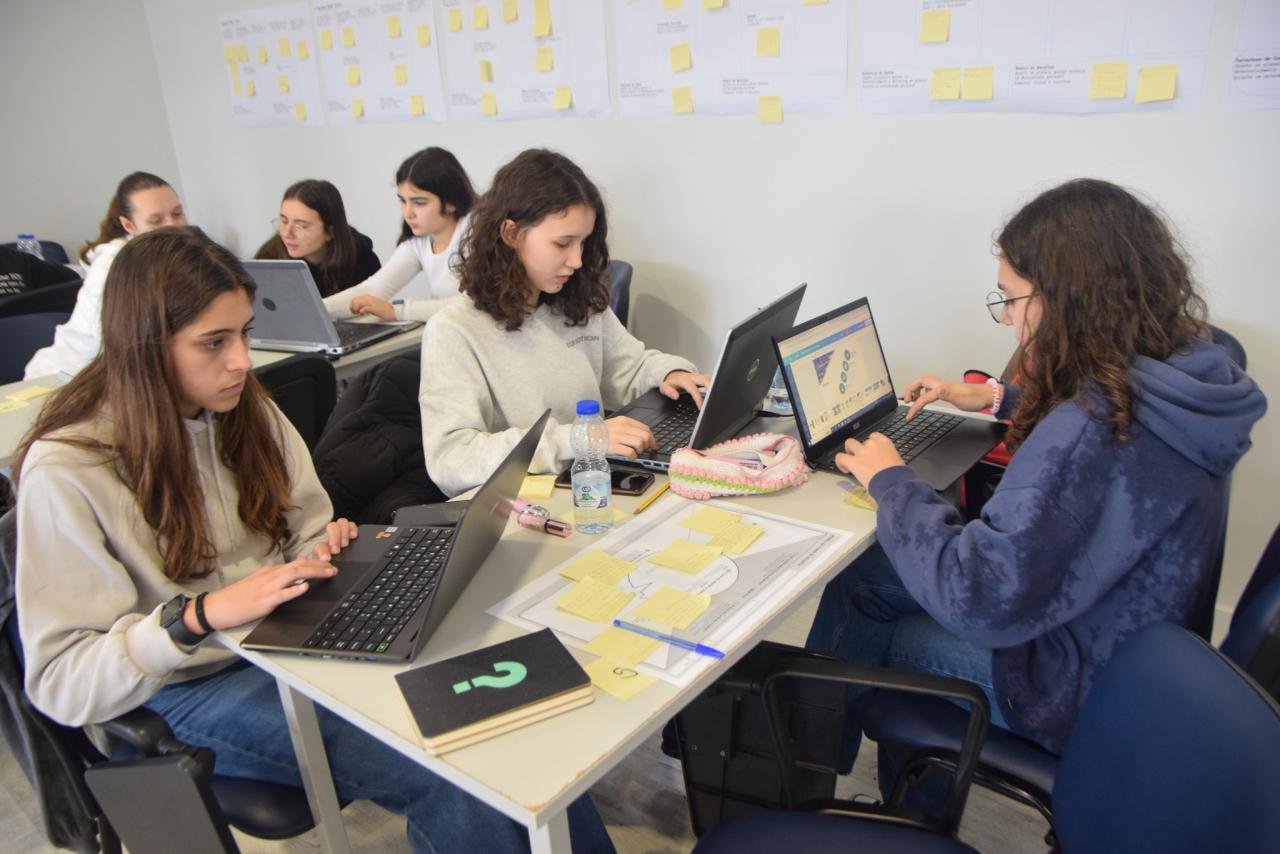European policies and frameworks foster meaningful youth participation as a priority for implementing inclusive policies and design solutions such as the EU Youth Strategy, the Council of Europe Youth Sector Strategy or the European Charter on the Participation of Young People in Local and Regional Life. The benefits of this involvement can come in many forms: new perspectives, increased civic engagement, social innovation – or at least, ensuring younger generations get their say in shaping their future environment.
While youth engagement is a European value, more can be done to remove barriers to younger generations in terms of accessing public spaces and engaging in democratic and civic processes. This article explores seven remarkable practices for rethinking and enhancing youth participation in European cities. These practices have been reviewed by experts and selected to be among 116 new URBACT Good Practices.
The ABCs of youth empowerment
A person’s most formative years are spent, unsurprisingly, in school. With this in mind, Lublin (PL) has developed two URBACT Good Practices involving schoolchildren as young as six years old.
#1 & #2 – Lublin (PL)
Entrepreneurial Kids was set up to introduce primary school students to the fundamentals of entrepreneurship through hands-on workshops and interactive learning. Children get to participate in real-life business scenarios, developing critical thinking, teamwork and problem-solving skills. With the support of educators and local business professionals, students work on small-scale projects, from designing products to understanding financial literacy.
Since 2018, the programme has reached over 2 100 children between ages 6-10. Integrating entrepreneurship into primary education is setting a precedent for other cities looking to prepare younger generations for fast-paced urban environments in an engaging and practical way.
With the Youth Spaces Network, Lublin is also transforming under-utilised urban spaces into vibrant, creative ‘youth-friendly’ spaces. Developed with the Hej! Youth Group, the project has established a network of safe and accessible locations across the city where young people – as young as 10 years old all the way up to 30 – can gather, exchange ideas, and participate in cultural, educational, and civic activities.
What’s the takeaway for your city?
In both practices, Lublin’s approach demonstrates how cities can rethink traditional youth participation by providing them with dedicated, dynamic spaces tailored to the evolving needs of younger generations. Furthermore, the success of both projects lies in an ability to merge traditional educational spaces with real-world situations, fostering a culture of innovation from an early age.
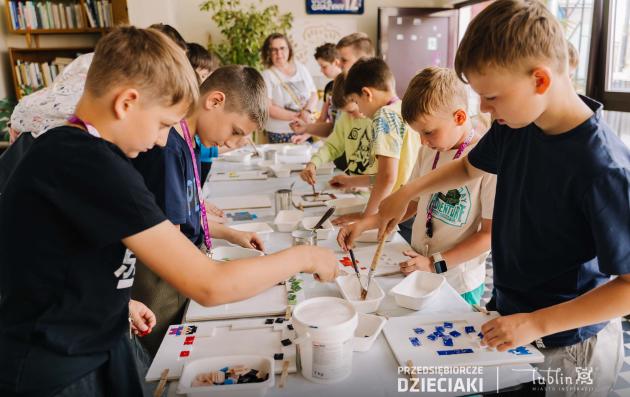
| 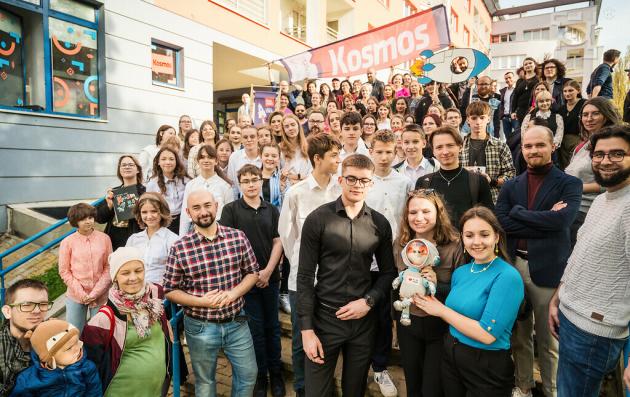
|
Supporting the transition to the workforce
In the EU, around 11,2% of 15-29-year-olds are neither employed nor enrolled in education or training. Low economic development and a lack of entrepreneurial opportunities often prevent young people from successfully transitioning into the workforce.
#3 - Albergaria-a-Velha (PT)
In an effort to tackle youth unemployment, Albergaria-a-Velha launched Entrepreneurship+ Academy. The programme connects young entrepreneurs with local businesses and industry experts, creating a supportive ecosystem for innovation and employment. Through a series of hands-on workshops, mentoring sessions, and networking events, students gain practical experience in business development, financial literacy, and project management.
By fostering an entrepreneurial mindset, the academy empowers students to either launch their own ventures or apply their newly acquired skills in existing job markets.
#4 – Lisbon (PT)
Similarly to Albergaria-a-Velha, Lisbon is tackling the skills gap to boost youth entrepreneurship and career development with the SEED Project. This programme provides young people with training in business creation, financial planning, and digital marketing, ensuring they acquire practical skills that align with current market demands.
SEED includes mentoring from industry professionals, helping participants refine their business ideas and gain insight into real-world dynamics and situations. A key component is its strong collaboration with local businesses and institutions, fostering an environment where young entrepreneurs can test and scale their ideas, while getting to know employers directly.
What’s the takeaway for your city?
By combining education, mentorship, and hands-on experience, Albergaria-a-Velha and Lisbon offer a replicable model for cities looking to enhance youth employability and create a more supportive ecosystem for young entrepreneurs.
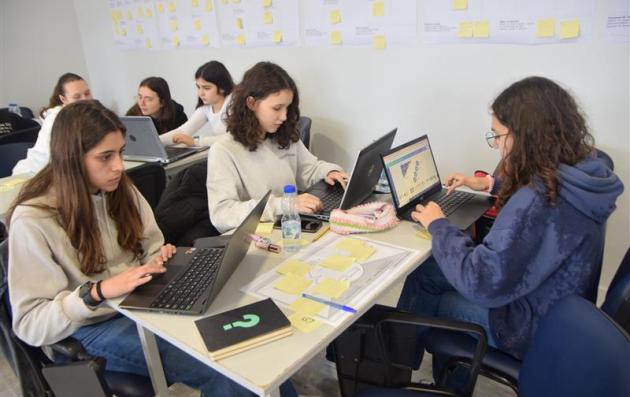
| 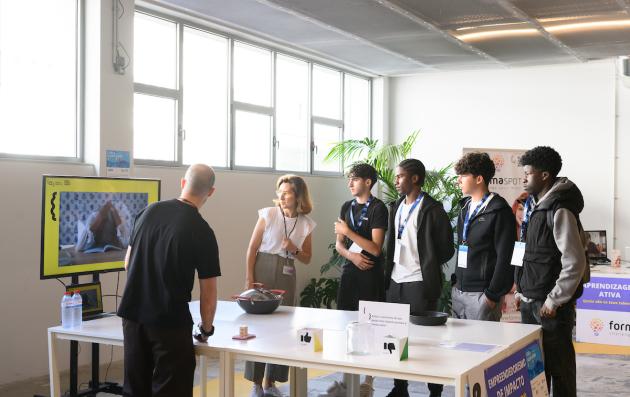
|
Youth-led decision-making
It goes without saying that ‘the children are our future’. Yet, young people often struggle to have their voices heard when it comes to the shaping of the cities they live in. Not only do young people feel their voices don’t count, but they feel disconnected from policymaking processes, leading to disengagement and lack of trust in local institutions.
#5 - Cluj-Napoca (RO)
Cluj-Napoca’s Com’ON initiative has introduced a participatory budgeting model that is particularly tailored to younger demographics. The programme has supported over 1 000 small-scale initiatives.
Young people get to propose projects addressing community needs and covering areas such as culture, education, and social inclusion. More than 50 000 individuals from the community have been involved in deciding which ideas are to be funded by the municipality.
The initiative demonstrates that participatory budgeting does not need to be complex, instead simplifying access can ensure transparency and foster youth engagement, making it ever more effective and scalable across different urban contexts.
#6 – Cascais (PT)
The Youth Participatory Budget is enabling young people to directly influence municipal spending and decision-making. More specifically, this initiative enables youth to propose, develop, and vote on projects that benefit their communities. With a dedicated municipal budget, winning projects – ranging from cultural initiatives to infrastructure improvements – are funded and implemented by the local government.
The initiative proves that meaningful participation does not require significant financial investment but rather a strong political commitment to youth inclusion and the use of digital technologies and platforms. Cities of all sizes can replicate the approach by dedicating a portion of their budgets to youth-led initiatives, ensuring that young voices shape the future of their communities.
#7 – Valongo (PT)
Encouraging young people to take an active role in local matters not only requires opportunities but also trust in their ability to make decisions. Valongo’s Participatory Youth Budget creates a direct link between youth and municipal decision-making by allowing them to propose and vote on projects.
With the vote, there is a twist: all project proposals must come from youth themselves. The winning projects receive funding and support for implementation, reinforcing the belief that young people’s ideas are heard and can lead to tangible change.
What’s the takeaway for your city?
By giving youth direct control over resources, Cluj-Napoca, Cascais, and Valongo are not only fostering engagement, responsibility, and active citizenship, but also entrepreneurship and project management skills. By prioritising transparency and accessibility, any local government can adopt this model, ensuring that young citizens play an active role in shaping their urban environments.
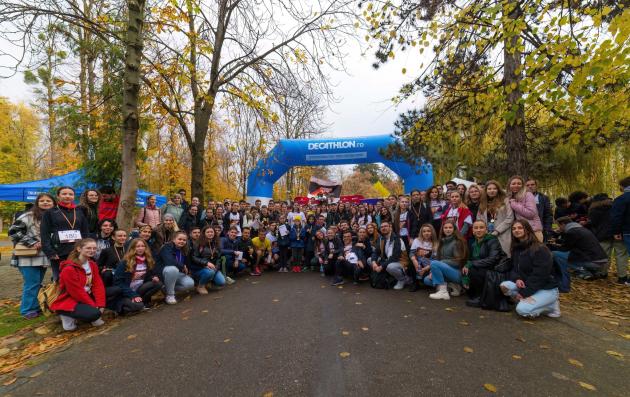
| 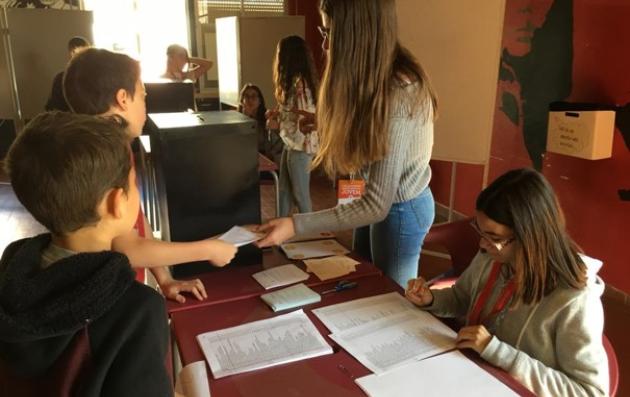
| 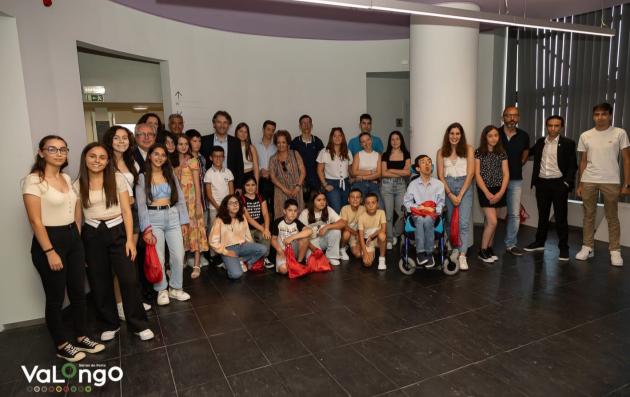
|
Find out more in the URBACT Good Practice Database
Across all seven URBACT Good Practices featured in this article, the principles of accessibility, empowerment, and tangible impact stand out for effective youth engagement in European cities. Whether through participatory budgeting, entrepreneurial training, or dedicated youth spaces, the success of these solutions lies in giving young people real opportunities to shape their environments. Most importantly, these practices demonstrate that when youth are given trust, resources, and a voice in decision-making, they become active change makers for more inclusive, dynamic, and future-oriented communities.
Stay tuned for more Good Practice thematic cluster articles, coming soon! In the meantime, dig into the URBACT Good Practices database, which contains inspiring practices related to gender equal cities, climate action and many different topics. All URBACT Good Practices have been selected based on an expert assessment of each practice: its local impact, degree of relevant participatory and integrated approaches as well as its potential transfer to other European cities.
Want to meet the people who made these Good Practices possible? Join us at the URBACT City Festival in Wrocław (PL) from 8-10 April 2025. Representatives of the 116 newly selected URBACT Good Practices will lead an exclusive meet and greet session. Register now for the opportunity to learn more about their success stories…and how you can make them happen in your city!

